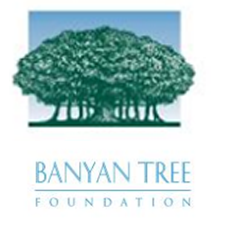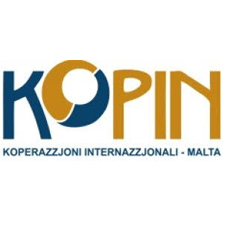Board Members
-
Ato Alebachew Mekonen Zenebe, Chair person.
-
Ato Yosef Getachew Wagaye
-
W.ro. Bilen Seyoum Alemu
- Mrs. Ruth Woldetinsay
-
Enginer Yeneneh Dawit Beyene
A Message from EDA’s Board Chairman
The development theory of EDA has highly inspired me to work for EDA as a volunteer and supporter of the target groups which EDA has committed to addressing in Ethiopia. Before I joined EDA, I first heard about the founder and current Executive Director of EDA, Dr. Tessema Bekele.
His passion and commitment as an orphan, raised by a single mother, motivated him to help marginalized children—and moved me to know about EDA more in-depth.
As a businessman, engineer and architect, I was not aware or interested to give attention, help or support to community development programs and charity organizations. However, the work and vision of EDA for marginalized community groups greatly convinced and inspired me to go out of my way to contribute to and support EDA.
Over the past years, EDA has addressed the needs of over 1.5 million marginalized community members in Ethiopia, particularly children, youth and women—who are the major target groups in all of EDA’s intervention areas. EDA is a learning organization and will never stop learning and looking into new ideas and development directions in order to work towards a better future for the target community. I am very proud to be a part of EDA’s team and to work for the poor, supporting the work of EDA financially and technically.
I would like to congratulate the team at EDA and the supporters who commit themselves to EDA's development in Ethiopia. Last but not least, I would like to invite donors, private businesses, and learning institutions to join EDA in supporting and developing the future of the emerging young community, for the betterment of Ethiopia’s future.
Alebachew Mekonnen
Board Chairman

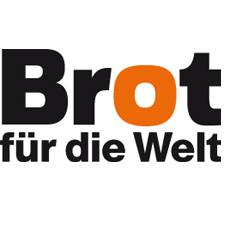


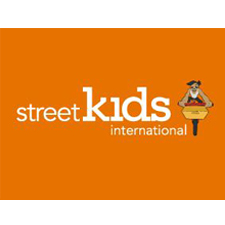
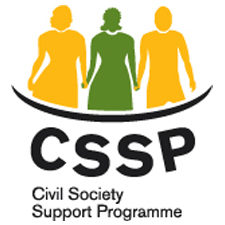
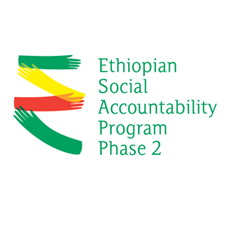





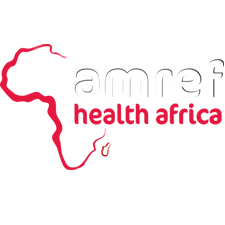
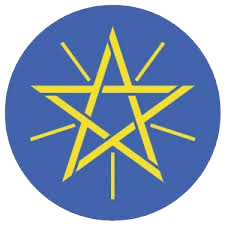
.png)
